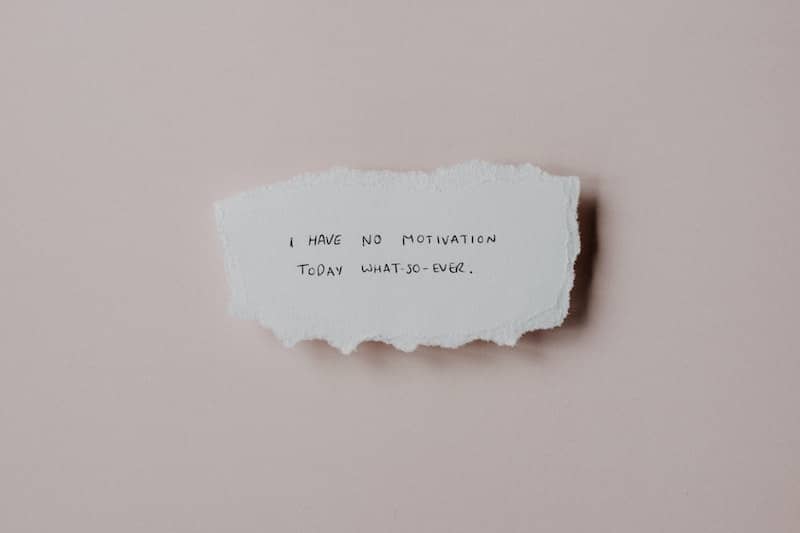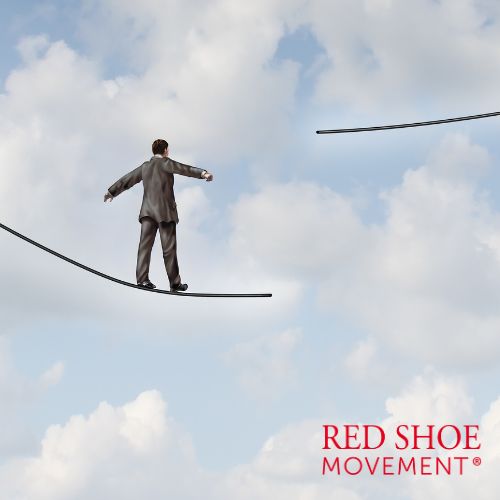Putting things off until the last minute isn’t uncommon in the workplace. It’s especially easy to fall into when you’re working from home, where rearranging kitchen drawers and bookshelves becomes an everyday possibility. But while some think that procrastinators can be unreliable and lazy, there are those who believe that giving things more time can be a strength when it comes to decision-making and work. So, can procrastination be positive? How does it work?

Yes, procrastination can take a positive turn but it’s important to identify what it is that is making us put that one task off in the name of gardening. It can be caused by boredom, insecurity, anxiety, and even depression, making it impossible for some people to control it until those feelings have been identified and dealt with. If you know how to use it to your advantage, to stay productive and prioritize instead of just putting things off indefinitely, you might just be able to master the art of positive procrastination.
Soft Skills: A Vital Part of Your Resume
Procrastination: What Is It?
Defined by experts as a “self-defeating behavior pattern marked by short-term benefits and long-term costs,” studies show that 25% of adults believe procrastination is a defining characteristic of their personality. They also show that “chronic procrastination” can have a severe impact on mental health, increasing feelings of guilt and stress over productivity, and affecting our mental and physical well-being.
According to Dr. Tim Pychyl, professor of psychology and member of the Procrastination Research Group at Carleton University in Ottawa, procrastination is an issue of emotion regulation, not one of time management. Together with Dr. Fuschia Sirois, Dr. Pychyl found that procrastination has to do with our inability to manage negative moods and the immediate relief brought by doing something else – even if that choice works against us.
As a problem that has to do with how we feel, the best way to deal with it is to figure out what is triggering those emotions. Reasons to procrastinate can include boredom or feeling like we’re not being challenged, frustration with the tasks at hand, fears and anxieties about our performance, doubting our abilities, perfectionism and the many, many distractions that surround us, including social media, streaming services or reorganizing the fridge. Accurately identifying these emotions will help manage them.
The Importance of Mental Health for Young Entrepreneurs

Positive Procrastination?
Some people have argued in defense of procrastination and talked about “positive procrastination.” This, however, still involves putting things off. Dr. Fuschia Sirois argues that unnecessarily and voluntarily delaying an important task despite knowing that the consequences are harmful is embedded in the definition of procrastination. The stress and anxiety resulting of procrastination is usually worse than whatever feelings initially made us avoid doing something. Sirois, a professor of psychology at Durham, UK, says that by managing the emotions we can’t control externally, we get temporary relief. “But we’ve done it temporarily and we’ve done it externally, so it is going to come back to haunt us.”
Nevertheless, there can be some positive sides to sitting with things a little longer. According to Adam Grant, a professor of management and psychology at the Wharton School, when it comes to the creative process procrastination can be a good thing. Delaying the start or finish of a task can open us up to more original ideas because it gives you time to think in “non-linear” ways.
His advice for procrastinators? Write thoughts and ideas down as soon as a project arrives. Even if we don’t start working on it right away, it’ll be on our minds.
Start Building Your Informal Influence at the Workplace

A Few Tips for Procrastinators
1Kindness and self-compassion: Self-compassion can help us look at the tasks we haven’t been able to complete and help motivate us to find new approaches instead of questioning our self-worth and abilities – which will only lead to more procrastination. Meeting challenges with kindness and acceptance can help with the psychological distress and give us the boost we need to manage our emotions better.
2No overthinking zone: The more we sit with an idea and all the ways in which it could maybe go wrong, the more likely we are to abandon it to go rearrange condiments. Whatever it is, the trick is in just getting started. Set realistic goals and get to work. Meeting those goals will make some of the fears subside. Sometimes it’s just about getting started.
3Prioritizing matters: Learning to choose between the tasks that can wait and those that absolutely need to meet specific deadlines is essential. It’s best to leave those important big tasks for the most productive times of day.
4Realistic work periods: Trying to make up for lost productivity setting unreal work schedules isn’t a great idea. Being consistent about the hours we dedicate to the priority projects is important and creating a pattern can make it easier to manage our time.
5Set the stage: Temptation is a tricky thing for procrastinators to resist so it’s not a bad idea to make those distractions extra unreachable. Finding the right place to work could change everything, especially if that place forces us to focus on the task at hand and makes it difficult to access distractions. Does music help? Do we need silence? Do we need to remove all electronics from our room to get things done? Explore your own triggers that lead you to procrastinate a task so you can figure out what setting will work best for you.


























































































































































































